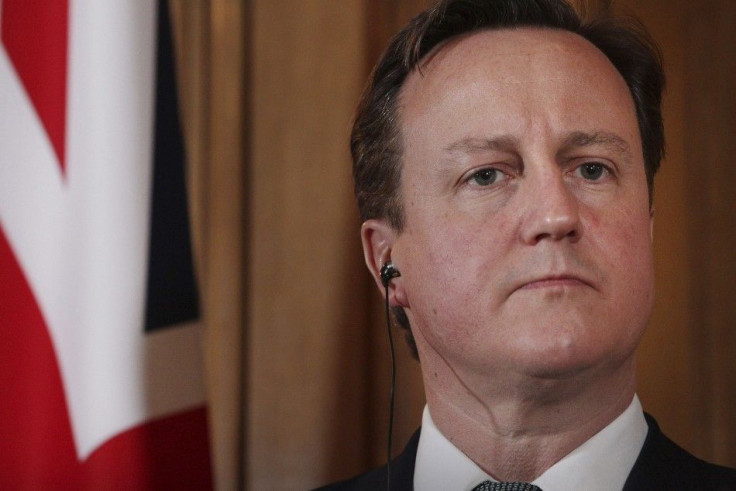Britain Considers Its Role In Any Potential Iran-Israel War

As Iran meets with six world powers in Baghdad to hash out some kind of agreement regarding Tehran’s controversial nuclear energy program, one of those powers, Great Britain, is considering what role, if any, it might play in a potential military conflict between Israel and Iran.
In the event that talks with Iran fail, among other options being considered by senior officials in the UK government's National Security Council is the deployment of the Royal Navy in the Middle East, according to the BBC.
British ministers are worried that if a war is triggered in the Middle East, Iran would not only attack Israel, but close down the Straits of Hormuz, thereby choking off more than 20 percent of global crude oil shipments.
Some members of the British government, especially the junior coalition partners, the Liberal Democrats, want any action to be within the bounds of international law.
Moreover, the British-held island of Diego Garcia in the Indian Ocean might play a prominent role as a military support center in the event Iran and Israel go to war. Located about 1,370 miles south of the southern tip of India, Diego Garcia already hosts a U.S. naval shop and submarine support base (leased by Britain). Presumably, the Americans (with help from the British) could use this island as a base from which to launch attacks in Iran.
However, at least one member of the opposition Labour Party has already objected to any discussions of Britain's military participation.
Shadow foreign secretary Douglas Alexander said: Instead of sabre-rattling in public about what could happen if the diplomatic efforts fail, the government should be focused on ensuring a successful outcome to the talks now under way. Now is the time both to be engaging directly with Iran and increasing the diplomatic pressure upon Iran to meet its obligations under the [Nuclear Non-Proliferation Treaty].
Iran has repeatedly insisted that its atomic program is designed for purely peaceful purposes like medicine and commercial energy -- an assertion disputed by the U.S., Israel and many other Western countries. Israel is convinced the Iranians are preparing to build nuclear weapons -- a scenario that it believes poses an existential threat to the Jewish state.
Prime Minister Benjamin Netanyahu has continually warned that Israel will not tolerate a nuclear Iran and will resort to attacking the Islamic Republic.
The West has imposed a raft of tough sanctions on Iran in order to pressure Tehran into giving up its nuclear ambitions. Israel frets such measures will do nothing to persuade Iran.
In addition, if Iran indeed joins the world’s elite group of nuclear-armed nations, another deadly arms race would likely sprout in the region, with Saudi Arabia at the forefront.
Iran has reportedly been enriching uranium to the 20 percent purity level, suggesting it could eventually reach the 90 percent threshold for making atomic bombs.
Yukiya Amano, the chief of the U.N.’s nuclear watchdog, the International Atomic Energy Association, said after talks in Tehran Tuesday that the Iranians are willing to reach some kind of compromise. In return, Iran is likely hoping for some easing in Western sanctions on its key oil sector.
The U.S. and Israel are both sceptical that Iran will actually make any concessions with respect to its uranium-enrichment activities.
© Copyright IBTimes 2025. All rights reserved.





















